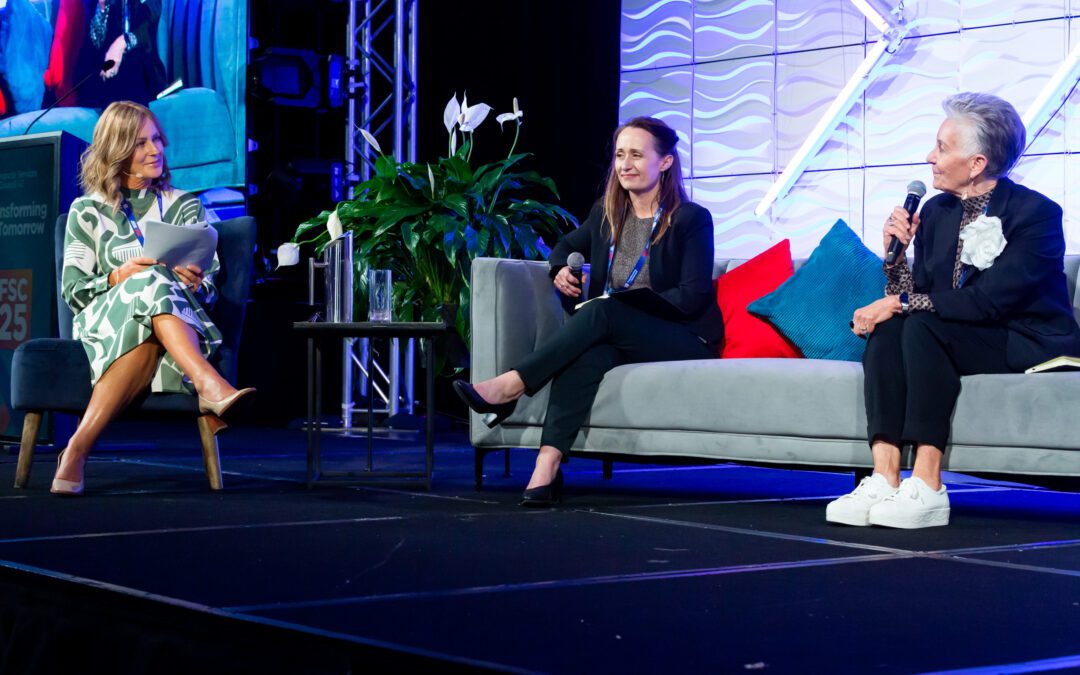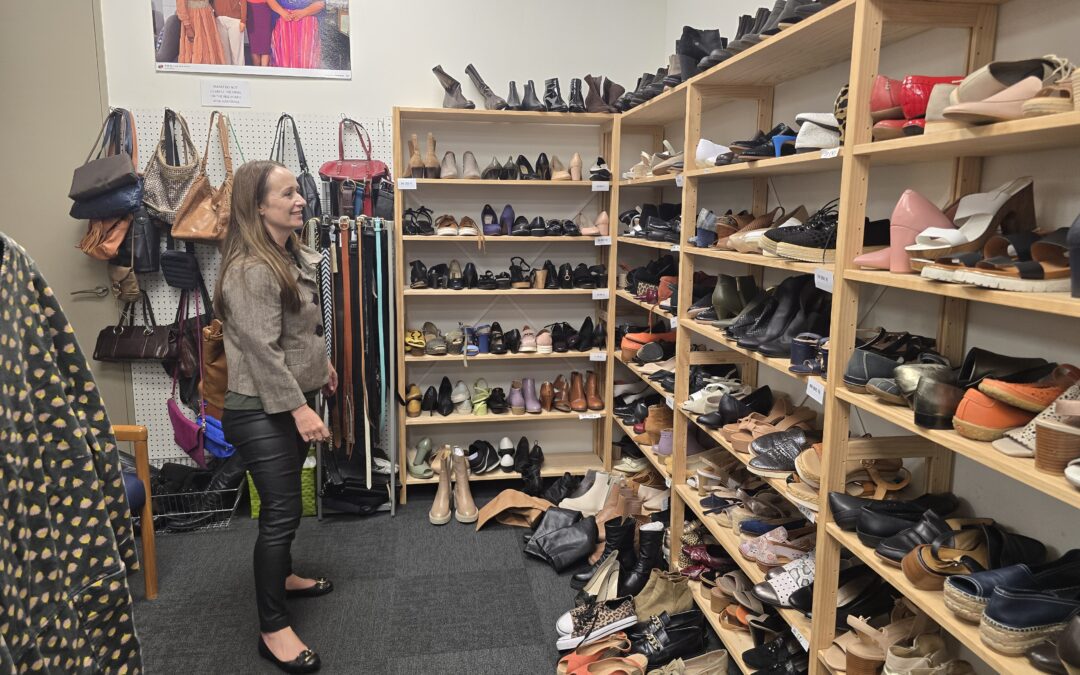Money Week this year is encouraging people to talk about money, to open the lines of financial communication and ditch one of our last cultural taboos.
Which is great – but while we’re at it, could we also have a chat about the way we talk to women about money?
Because women are currently being fed a diet of insultingly-shallow budgeting advice, when – even more so than men – they need to be investing in their financial futures.
Research by the UK bank Starling looked at how different media spoke to men and women about money, and the contrast was stark. 73% of articles aimed at men focused on investing, while 90% of the articles aimed at women focused on spending less. 60% of articles aimed at men suggested investment apps, while 71% of the articles aimed at women suggested bargain hunting.
So, men are characterised as capable investors, while women are characterised as the profligate spenders (and in my experience women are no more guilty of being spenders than men!).
But I suppose we should be grateful that women’s media focuses on money at all. A Merrill Lynch study of women and financial wellness looked at a month’s worth of editorial content in the top 17 US women’s magazines and found less than 1% focused on finances – and that rings true.
Let’s be honest – a ‘women’s mag’ is far more likely to give you a hundred ways to battle crow’s feet and lose your Mum-tum than it is to cover the best way to invest – even though I’d argue that planning for your future is the ultimate act of self-care!
In that context, is it any surprise that another study, this one from Fidelity investments, found 92% of women want to learn more about financial planning, but less than half feel confident talking to someone about making that happen?
The messages we’re sending women are about bargain hunting and budgeting being their domain, not planning, investing and growing what they earn.
The sad irony is that when we discuss big issues like the retirement savings gap – an issue so large the World Economic Forum calls it‘s the financial equivalent of climate change’ – those issues are even more acute for women.
Whether it’s because of the pay gap, because of time spent child rearing, or women’s longevity, it means the same thing: women need to be more engaged in their finances, not less. They need to be more empowered to take control, not less.
Almost all of women will be solely responsible for their finances at some stage of their lives – whether through staying single, getting divorced, or – as any retirement home attest to – outliving the man in your life. The old saying that ‘a man is not a financial plan’ is true!
The good news is, salary size, bank account size, KiwiSaver fund size, investment returns – none of them are measures of manliness, nor femininity for that matter. Money doesn’t have a gender, and neither does managing it well.
While women may feel less confident, they are no less capable. Research abounds that when they do invest, their investment returns outstrip their male counterparts. One study, by the UK’s biggest consumer investment platform Hargreaves Lansdown, found women’s returns beat men’s over a three-year period, and if that trend were to continue over 30 years, women would end up 25-percent better off.
There’s an African proverb that suggests if you educate a woman, you educate a nation. Given the need to improve New Zealanders’ financial literacy, empowering women financially would seem an obvious place to start.
There is nothing wrong with learning the basics of budgeting well, but let’s ditch the idea that women’s financial capabilities end there, and instead let’s stretch them to achieve more, and instil them with the confidence they need to tackle the financial challenges they face.
Hannah McQueen is an Financial Advisor, Chartered Accountant Fellow, author, and founder of enable.me – financial strategy & coaching.
To take the reins of your finances, book your initial consultation with an enable.me financial coach right here.
Disclaimer: This blog post is for informational purposes only and does not constitute individual financial advice. If you’re interested in receiving personalised financial advice, you can book in a consultation with an enable.me coach. Costs apply.


